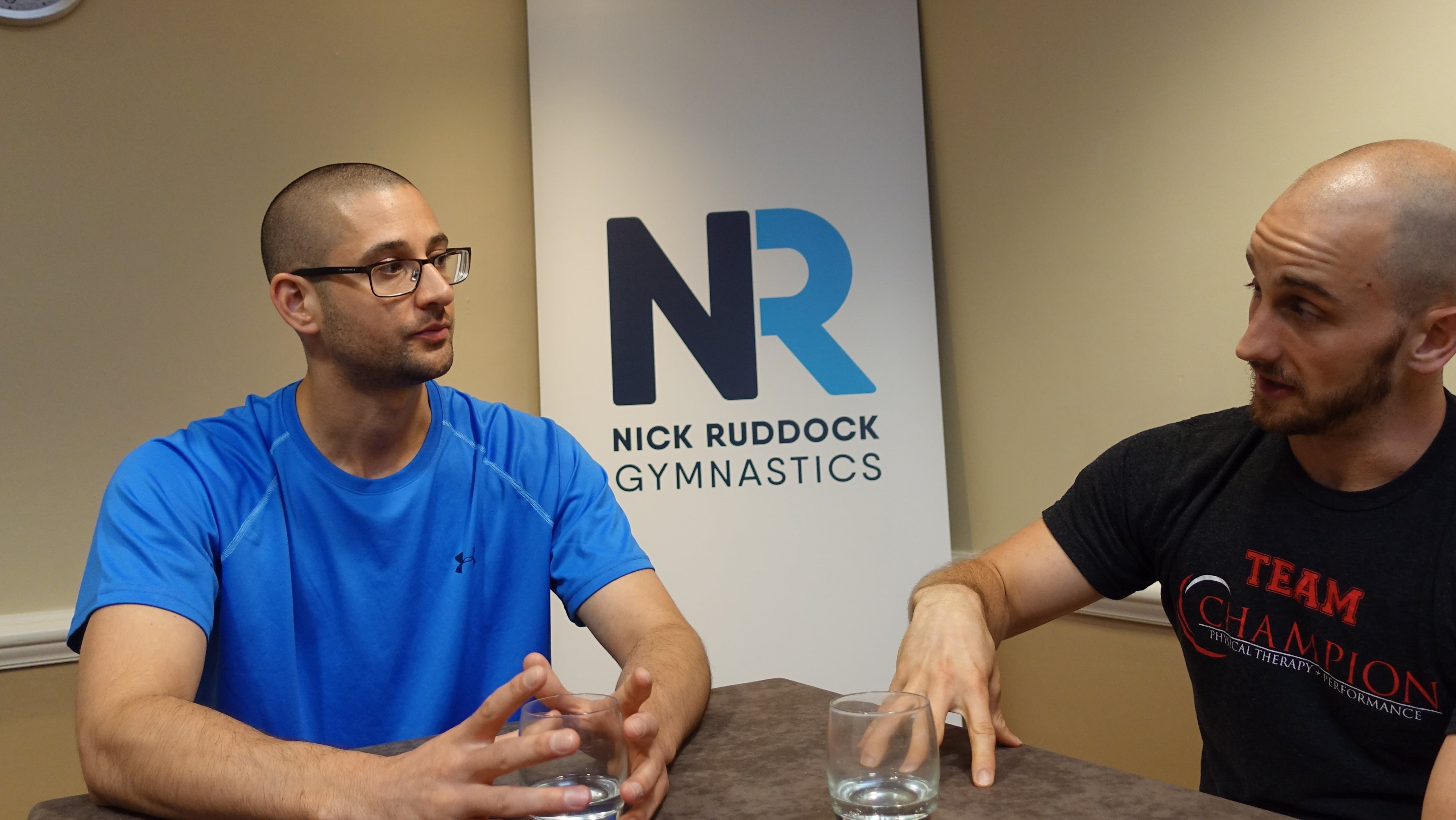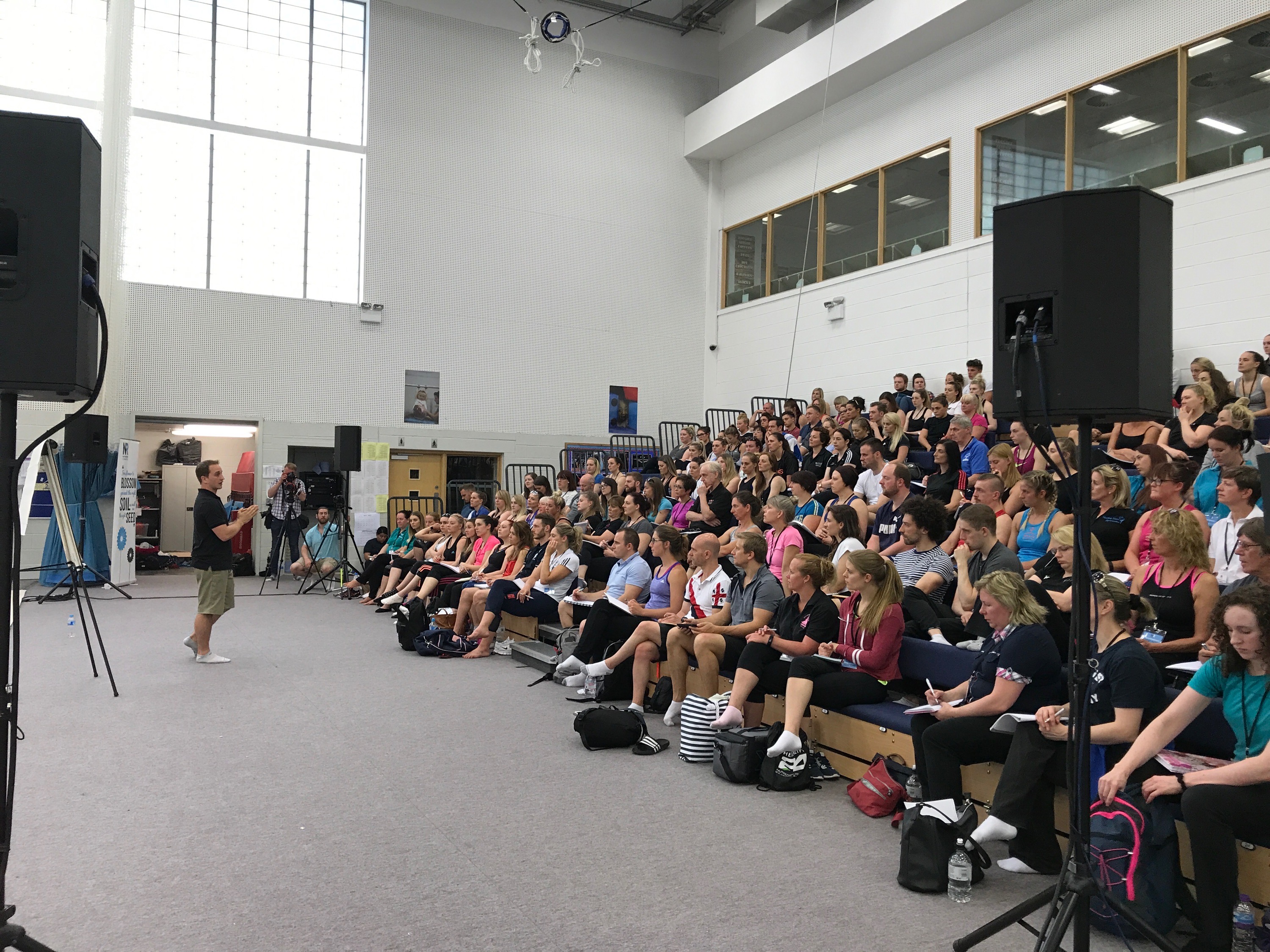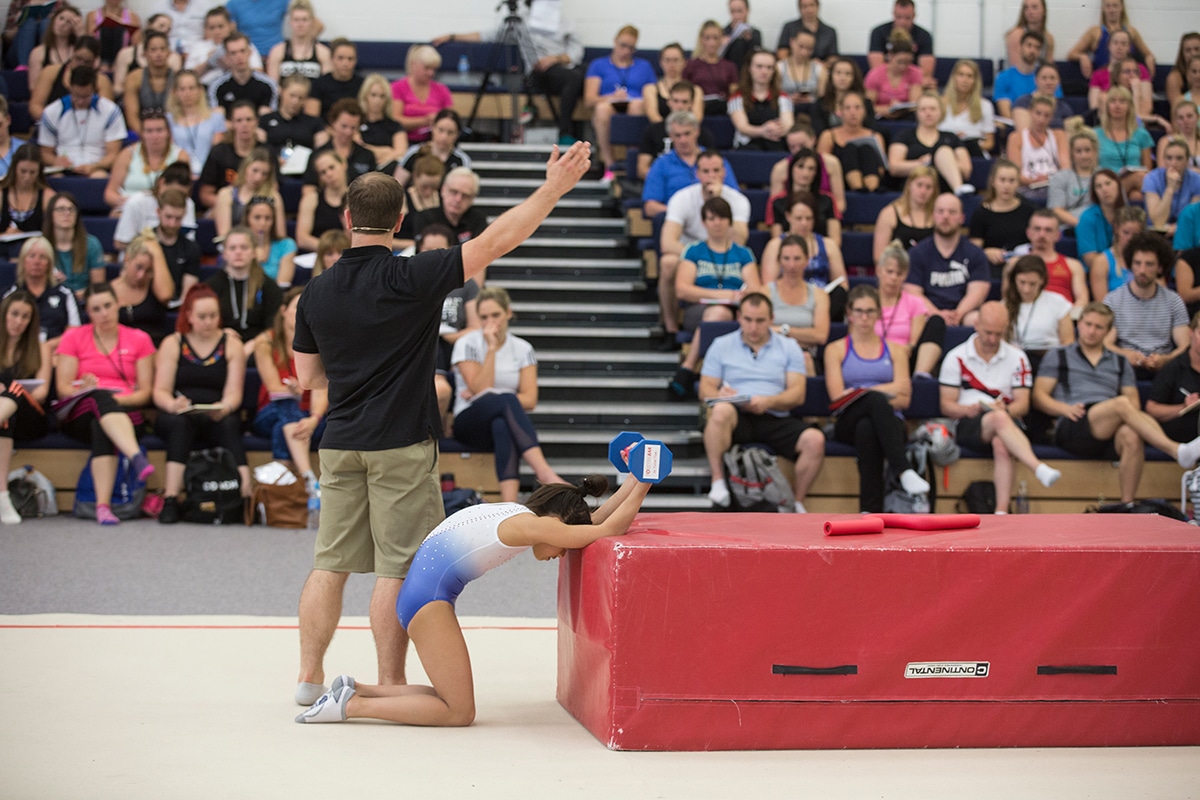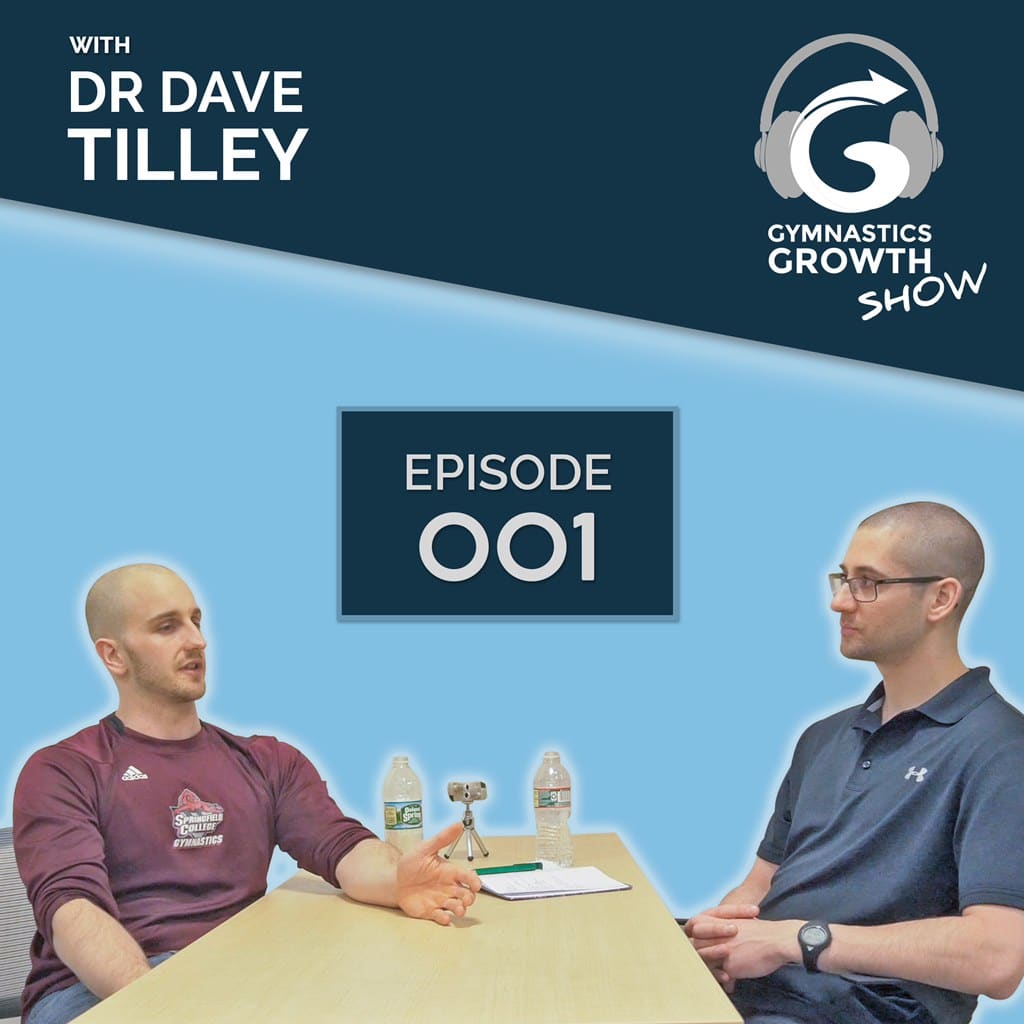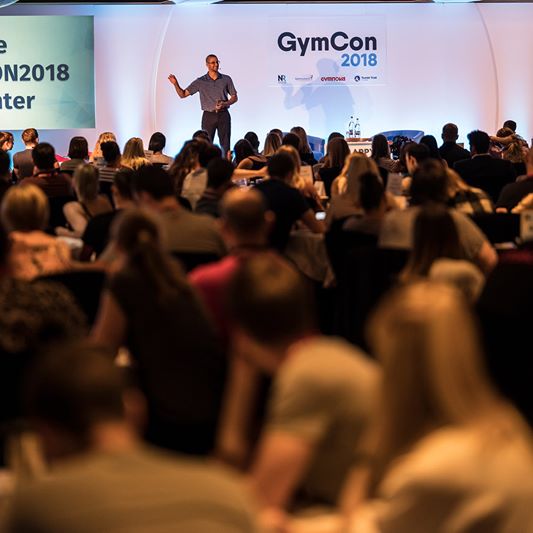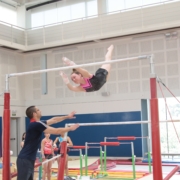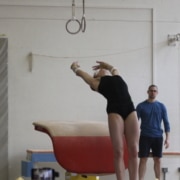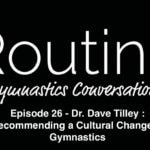Is It Possible to Produce High Level Gymnasts Without Sacrificing Health?
I’m going to flat out say it, that this is the question of the year for gymnastics. Every single person in the sport of gymnastics is grappling with this. Coaches, medical providers, gymnasts, parents, and outside spectators. In the last year as gymnastics has been thrown into the darkest point in it’s history. Multiple gymnasts and coaches have told the world their story of how they achieved so-called “success” in the form of medals, podium placements, or college scholarships, but at a massive cost to their physical, emotional, and mental health. Although not all gymnasts and coaches who do not fall into this category, seeing many who have stories filled with regret, bitterness, and resentment, is heartbreaking for all of us.
The number one question that has emerged in the last year on an international gymnastics stage, is if it is possible to produce high-level collegiate, national, or international competitive gymnasts, without sacrificing our athlete’s health and well being. Health referring to the domains of physical, emotional, and psychological. As a medical provider, coach, and educator, I am constantly wrestling with the best answers to this daunting question. I know of many positive examples, but am unable to speak from the view point of a coach working at the NCAA or elite level.
From this questions is another equally important one: If it is possible to gain high performance and maintain health, what methods or day to day practices does gymnastics need to adopt if we hope to create a new era of gymnastics where gymnasts can pursue their dreams while staying as healthy as possible?
This past weekend, I was incredibly grateful and humbled by the chance to speak at GymCon alongside some icons in gymnastics: Valorie Kondos Field, Nick Ruddock, and Nile Wilson. I wanted to ask this tough question to some of these coaches with international elite and Olympic experience, as this is something as a coach I have not experienced.
For those that do not know, Nick Ruddock was a former Great Britan National Team Coach and now spends his time consulting with 17 National Olympic Federations including Germany, Brazil, France, The Netherlands, and more. In terms of the “gymnastics coaching pyramid”, I think consulting with Olympic Federations and countries ranks pretty high up there on the success list. During a short interview, I asked this question point blank to Nick, as he as quite a bird’s eye view of the international state of gymnastics and he is someone I trust immensely.
He gave an incredible answer, one that I feel every person should listen to a few times. Here is his full response,
Want to Learn Literally ALL My Thoughts on Changing Gymnastics Culture?
If Nick’s message resonates with you, and you are someone who wants to be a part of the inevitable change that is coming in gymnastics, I highly recommend you check out my new (free) gymnastics e-book I release last month. This book has absolutely everything that I have thought about, and all the research I’ve read, in the last 5 years ranging from individual development to cultural development in the gym, to flexibility/strength drills, to long-term gymnastics development. Enter your email, and I’ll send it to you for free. No strings attached

Changing Gymnastics Culture:
Reflections, Lessons, and Thoughts for the Future
By Dr. Dave Tilley DPT, SCS, CSCS
*Over 13,000 Downloads Worldwide*
I thought that Nick gave one of the most intelligent and helpful answers of any elite coach I’ve ever talked with. His tips on what to do if you are a coach who is trying to make positive change along with gymnastics were also incredibly insightful.
There’s much more amazing content to come from GymCon, so be sure to keep an eye out for any announcements! For now, I hope you have a great week.
– Dave
Dave Tilley, DPT, SCS, CSCS
CEO/Founder of SHIFT Movement Science

